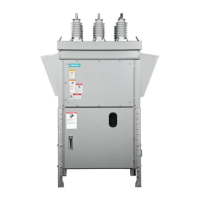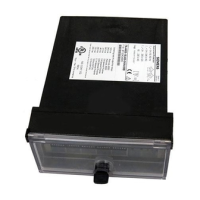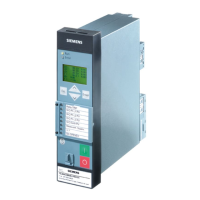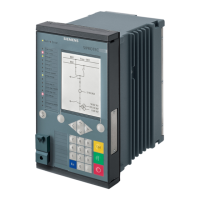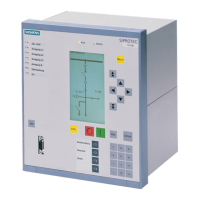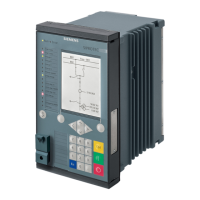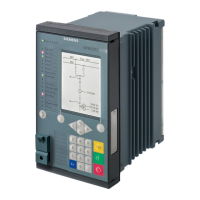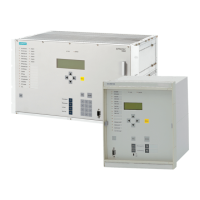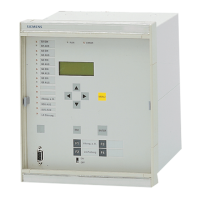23
4.4.2 RCBO Type AC , Type A and Type F
Residual current operated circuit breakers with overcurrent protection (RCBOs)
include residual current detection and overcurrent protection in one device and
thus enable a combination of electric-shock protection, re protection and line
protection in one device. The use of RCBOs has a series of advantages:
• Each circuit is assigned its own RCBO: If the device is tripped due to a residual
current, only the affected circuit is disconnected. This is done in the same way
as it has been for years when the miniature circuit-breaker exclusively assigned
to a circuit trips due to overcurrent.
• Due to division of the circuits, the user prots from increased operational safety
and equipment availability because leakage currents produced by electronic
equipment, such as parts of power supply systems, for operating reasons do
not add up to produce non-permissible values and exceed the tripping value of
the RCCB.
• Planning is simplied in that demand factors as in the case of loads on residual
current operated circuit breakers do not have to be taken into account. The
RCBO protects itself against overload.
• In the event of a fault, all poles are disconnected from the power supply. All
live parts are thus reliably disconnected from the supply and troubleshooting
is simplied.
These advantages led to a note in DIN VDE 0100-410 recommending the use of
RCBOs as additional protection in nal circuits for outdoors and for socket outlets.
The requirements indicated in 3.1.2, namely that the circuits in an electrical
installation must always be divided up among several residual current protective
devices, can also be complied with optimally by using RCBOs. In the following
comparison of the different methods of installation, the differences are described.
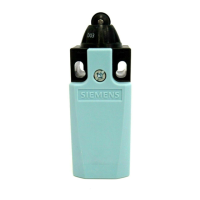
